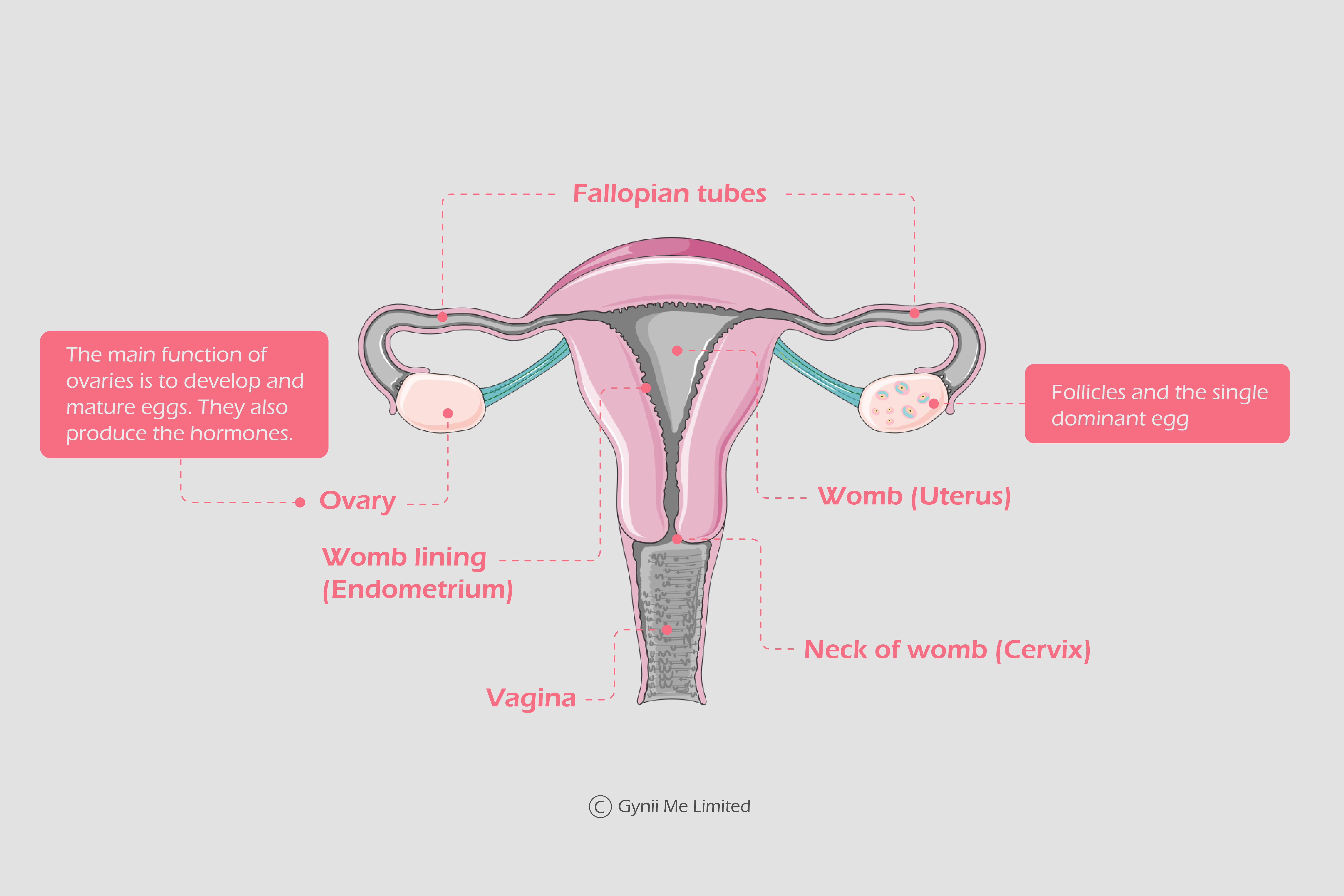How to check my fertility?
If you are worried you might be having problems conceiving, or if you have been trying to conceive for more than one year without success, you should consider to have your fertility checked.
Tests and scans for women
Checking your hormone levels
- Hormone level tests may include a blood test to measure a hormone called progesterone, which is produced by the ovaries after an egg is released.
- If your periods are irregular, you might be offered a test to measure hormones called gonadotrophins, which stimulate the ovaries to produce eggs.
Some hormone tests may need to be carried out at a specific time during your monthly cycle. For example, a progesterone test is typically done on day 21 of your monthly cycle. Your GP or fertility specialist can help you work out where in your monthly cycle day 21 falls, if you are not sure.
Checking your ovarian reserve (the number and quality of your eggs)
A number of standard tests are used to check ovarian reserve including:
- Blood tests to detect levels of hormones such as follicle-stimulating hormone, anti-mullerian hormone, which allows a fertility specialist to estimate the number of eggs you have; or
- An ultrasound scan, which allows the fertility specialist to count the number of activated follicles inside the ovary (known as an Antral Follicle Count, or AFC).
Checking your Fallopian tubes
Your doctor is able to diagnose blocked, infected or damaged Fallopian tubes with a test called a hysterosalpingogram (or HSG). This is a procedure which uses X-rays to look at the Fallopian tubes and the uterus (or womb).

Tests for men
A semen test measures the quantity and quality of your sperm. Generally, a repeat test will be required 3 months later if there is an abnormal result, or immediately if it looks as though there is no sperm at all.
Virology screening
To avoid the possible spread of infections in storage containers and during laboratory procedures, everyone undergoing any fertility treatment will need to be screened for signs of HIV, Hepatitis B, Hepatitis C and Chlamydia before treatment.
Screening for these conditions is a strict requirement placed on fertility clinics by the UK’s regulator, the Human Fertilisation & Embryology Authority (or HFEA).

Connect with us